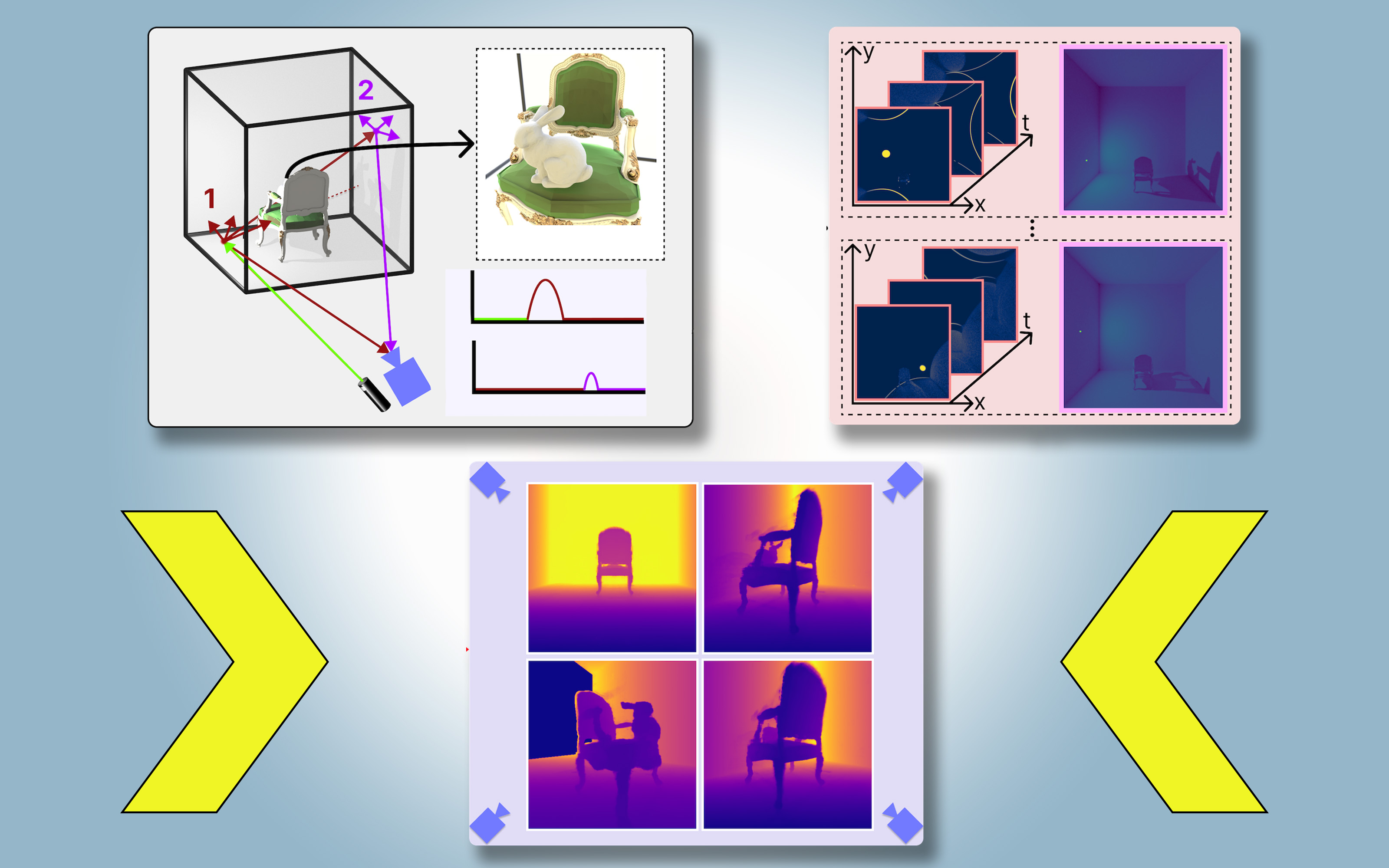Get the latest tech news
Our Brains React Differently to Deepfake Voices, Researchers Find
"University of Zurich researchers have discovered that our brains process natural human voices and "deepfake" voices differently," writes Slashdot reader jenningsthecat. From the University's announcement: The researchers first used psychoacoustical methods to test how well human voice identity i...
"This illustrates that current deepfake voices might not perfectly mimic an identity, but do have the potential to deceive people," says Claudia Roswandowitz, first author and a postdoc at the Department of Computational Linguistics. They successfully identified two regions that were able to recognize the fake voices: the nucleus accumbens and the auditory cortex. It was less active when participants were tasked with matching the identity between deepfakes and natural voices," says Claudia Roswandowitz.
Or read this on Slashdot

